Spice Up Your Life: The Fiery Secrets Behind Nashville Hot Chicken Rub!
If you're ready to turn up the heat in your kitchen and tantalize your taste buds with a fiery explosion of flavor, then you’ve come to the right place. Today, we’re diving deep into one of the most iconic spice blends in modern American cuisine: Nashville Hot Chicken Rub.
This isn’t just any old blend of chili powder and paprika—it’s a bold, smoky, and slightly sweet seasoning that has taken both home cooks and chefs by storm. Whether you're grilling, frying, or roasting chicken, this rub can transform the humble bird into a mouthwatering masterpiece.
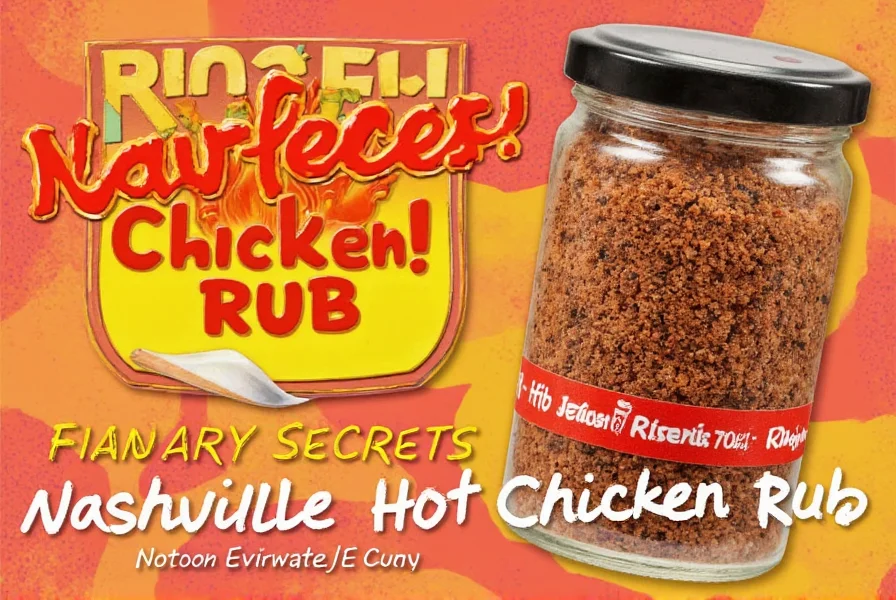
Table of Contents
- What is Nashville Hot Chicken Rub?
- Key Ingredients That Make It Sing
- How to Use Nashville Hot Chicken Rub Like a Pro
- Homemade vs Store-Bought Rubs: Which One Wins?
- Buying Guide: Top Picks for the Best Nashville Hot Chicken Rubs
- Nashville Heat Around the World: Global Spice Traditions
- FAQ: Everything You've Ever Wondered About This Spicy Rub
- Conclusion: Let the Fire Burn Bright
What is Nashville Hot Chicken Rub?
The story of Nashville Hot Chicken Rub begins in the heart of Tennessee, where a legendary tale involves revenge, fried chicken, and a fiery comeback. Originally crafted as a culinary punishment, it quickly became a beloved regional delicacy—and eventually a national obsession.
The rub itself is more than just cayenne pepper. It’s a carefully balanced mix of spices that delivers not only heat but also depth of flavor, smokiness, and a touch of sweetness. When applied to fried or grilled chicken, it creates that signature red crust and lingering burn that keeps people coming back for more.
Key Ingredients That Make It Sing
While recipes can vary from brand to brand (or grandma to grandma), the typical Nashville Hot Chicken Rub contains these essential ingredients:
- Cayenne Pepper – For that unmistakable heat.
- Paprika – Adds color and mild smokiness.
- Brown Sugar – Balances the fire with sweetness.
- Garlic Powder – Adds aromatic depth.
- Black Pepper – A little extra kick and earthiness.
- Smoked Paprika – Brings in the BBQ-style flavor.
- Salt – Enhances all other flavors.
- Optional Add-ins: Mustard powder, turmeric, or even cinnamon for complexity.
| Ingredient | Flavor Contribution | Common Ratio |
|---|---|---|
| Cayenne | Heat & Color | 30% |
| Paprika | Color & Mild Smokiness | 25% |
| Brown Sugar | Sweetness & Crust Formation | 20% |
| Garlic Powder | Aromatic Depth | 10% |
| Smoked Paprika | Smoky Complexity | 8% |
| Black Pepper | Earthy Kick | 5% |
| Salt | Flavor Enhancement | 2% |
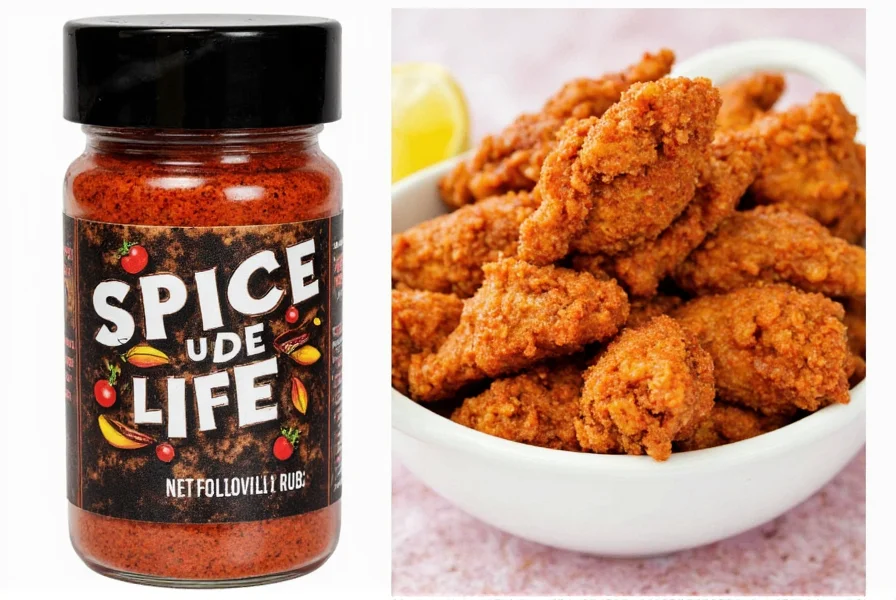
How to Use Nashville Hot Chicken Rub Like a Pro
You don’t need a Southern accent to master this rub—just a willingness to embrace the heat! Here are some top tips to ensure success every time:
- Rub Generously: Don’t be shy—this is about bold flavor. Apply a thick layer on all sides of the chicken.
- Let It Marinate: For best results, let the chicken sit with the rub for at least 30 minutes, or refrigerate overnight.
- Oil Helps Adhere: Brush the chicken with oil before applying the rub to help it stick better.
- Cook to Perfection: Fry, grill, bake, or air-fry—the key is high heat to develop a nice crust.
- Add a Glaze (Optional): Some folks like to brush on a spicy glaze made with melted butter, cayenne, and honey after cooking for an extra punch.
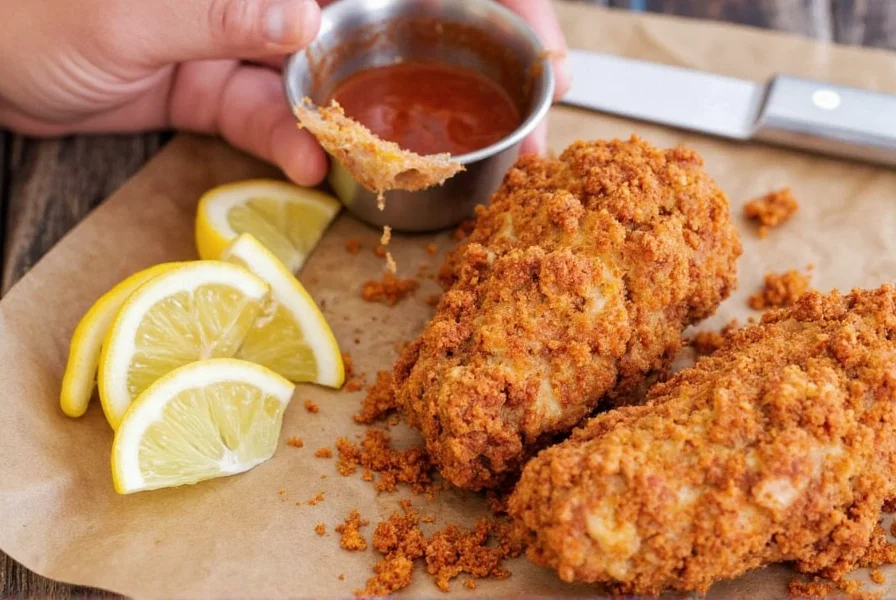
Homemade vs Store-Bought Rubs: Which One Wins?
Both options have their merits. If you love experimenting and tailoring heat levels, homemade is the way to go. But if convenience is king, store-bought versions can still deliver delicious results.
| Aspect | Homemade | Store-Bought |
|---|---|---|
| Customization | Full control over heat and flavor profile | Limited adjustments |
| Cost | More cost-effective long-term | Convenient but potentially pricier |
| Shelf Life | Lasts 6–12 months if stored properly | Often labeled with expiry dates |
| Flavor Intensity | Fresher, more vibrant flavors | Variability between brands |
| Time Required | Takes 5–10 minutes to mix | Ready in seconds |
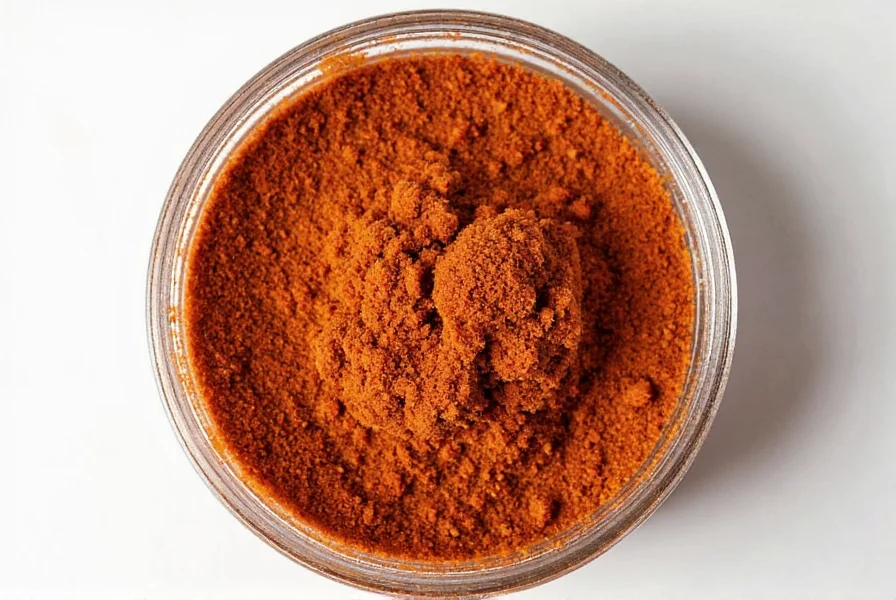
Buying Guide: Top Picks for the Best Nashville Hot Chicken Rubs
Looking for the perfect off-the-shelf Nashville Hot Chicken Rub? Here are our top recommendations:
1. Badia Nashville Hot Seasoning
- Best for: Everyday cooking and quick meals
- Features: Balanced heat with subtle sweetness
- Pros: Affordable, widely available
- Cons: Not the spiciest option
- Perfect occasion: Family dinners, game-day snacks
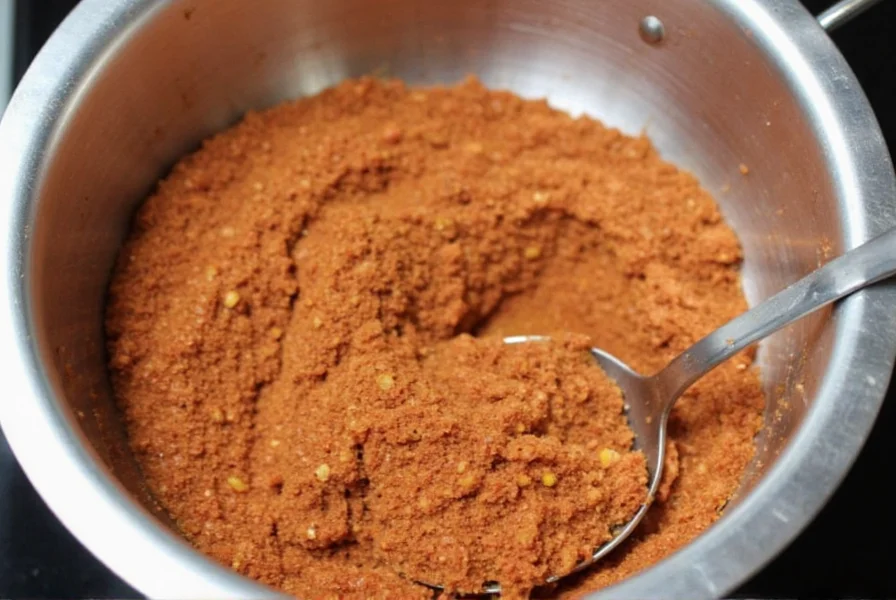
2. McCormick Gourmet Nashville Hot Chicken Blend
- Best for: Those who crave authenticity
- Features: Smoky base with real cayenne heat
- Pros: High-quality ingredients, consistent flavor
- Cons: Slightly higher price point
- Perfect occasion: Dinner parties, weekend feasts
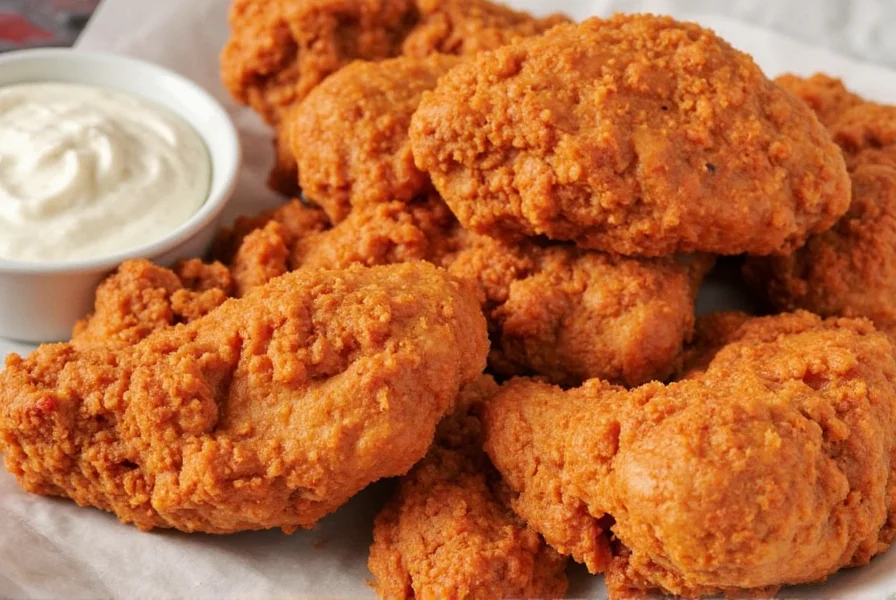
3. Tony Chachere’s Nashville Style Hot Chicken Seasoning
- Best for: Bold flavor seekers
- Features: Zesty, peppery, and robust
- Pros: Great for Cajun and Creole-inspired dishes too
- Cons: May be overpowering for mild eaters
- Perfect occasion: Summer cookouts, spicy food challenges
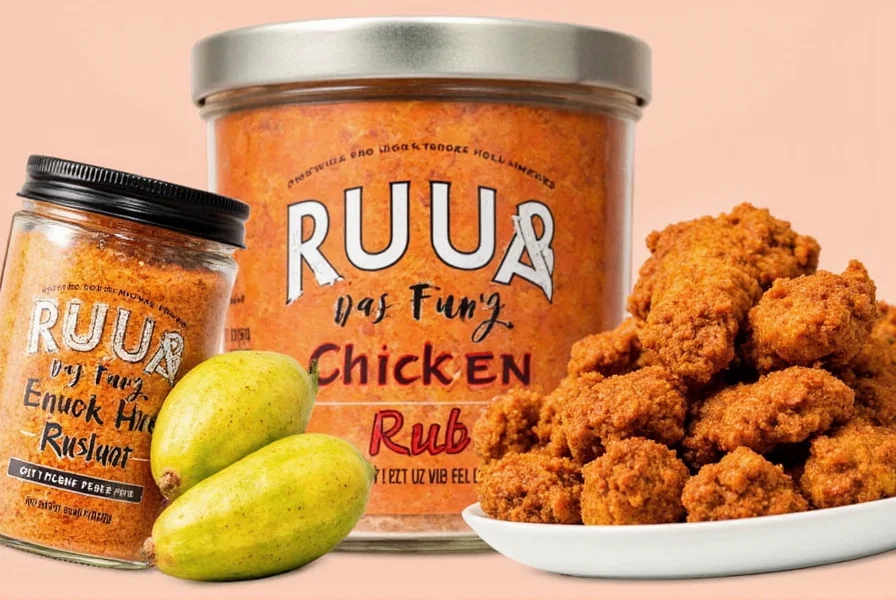
4. Simply Organic Nashville Hot Chicken Rub
- Best for: Health-conscious cooks
- Features: USDA certified organic ingredients
- Pros: Clean label, no artificial additives
- Cons: Pricier than conventional options
- Perfect occasion: Weeknight health-focused meals
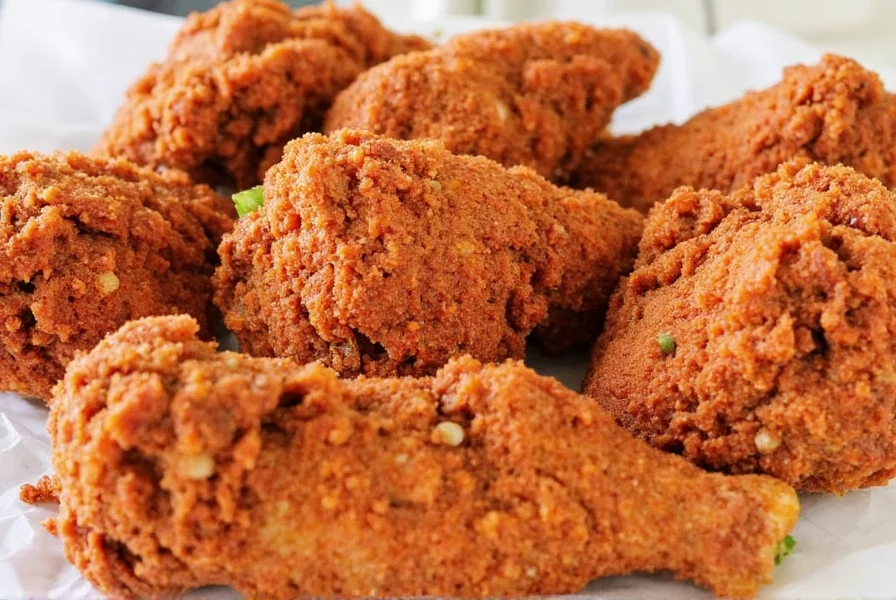
5. FAB Denver Dry Rub Co. Nashville Style Rub
- Best for: Foodies and culinary adventurers
- Features: Complex layers of flavor with unique spice blends
- Pros: Small-batch quality, artisanal appeal
- Cons: Limited availability outside specialty stores
- Perfect occasion: Gift giving, gourmet dinner nights
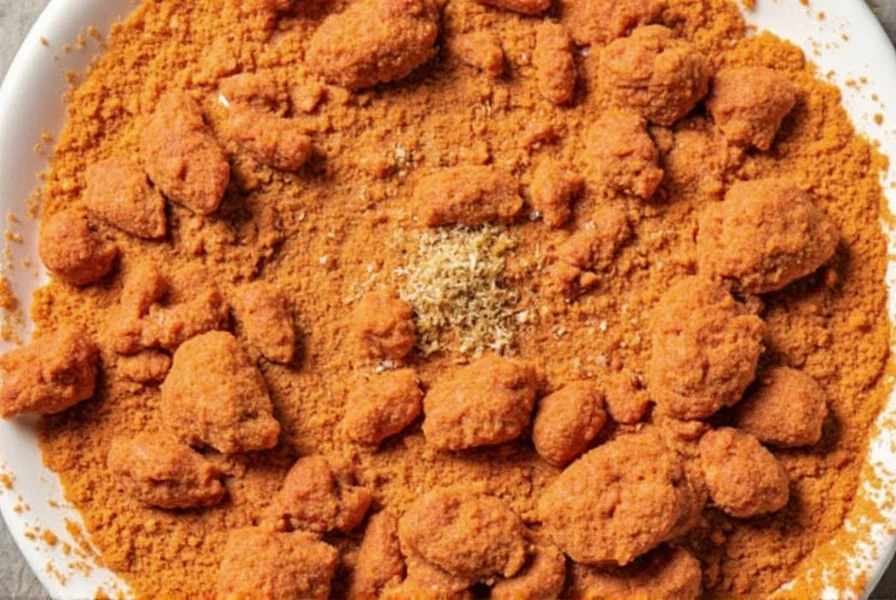
Nashville Heat Around the World: Global Spice Traditions
While Nashville Hot Chicken Rub is distinctly American, its roots lie in the global love affair with spice. Across cultures, people have been using heat to elevate their cuisine for centuries:
- In Mexico, dried chilies like guajillo and ancho create smoky, fruity heat.
- In India, red chili powder is blended with mustard seeds, curry leaves, and turmeric.
- In Korea, gochugaru (Korean chili flakes) bring heat and vibrant color to dishes like kimchi and tteokbokki.
- In Thailand, bird’s eye chilies pack serious punch into curries and stir-fries.
So while Nashville may have put its own spin on spicy chicken, it’s part of a much larger culinary conversation about how heat enhances flavor, culture, and community.
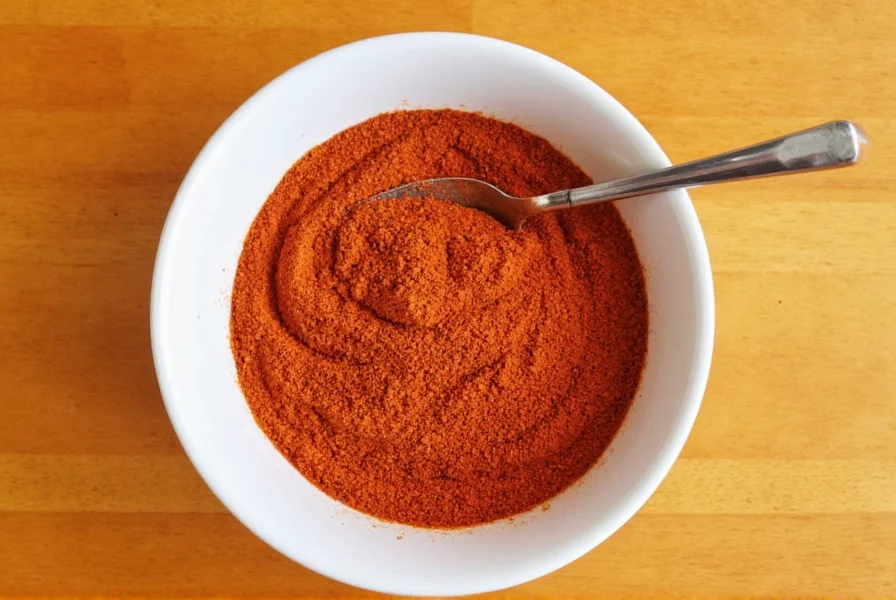
FAQ: Everything You've Ever Wondered About This Spicy Rub
Q: How hot is Nashville Hot Chicken Rub?
A: It ranges from medium to very hot depending on the brand and ratio of cayenne used. Always check the label or start with less if you’re sensitive to spice.
Q: Can I use it on meats other than chicken?
A: Absolutely! Try it on pork chops, shrimp skewers, tofu, or even roasted vegetables for a spicy twist.
Q: Is it gluten-free?
A: Most pure spice blends are gluten-free, but always check labels for added fillers or anti-caking agents that might contain gluten.
Q: What if I make it too spicy?
A: Dilute with more paprika, brown sugar, or neutral salt. Dairy like sour cream or yogurt can also cool things down once cooked.
Conclusion: Let the Fire Burn Bright
Nashville Hot Chicken Rub is more than a seasoning—it’s a celebration of bold flavors, tradition, and culinary rebellion. Whether you buy it or make it yourself, this rub opens the door to endless creativity in the kitchen.
So next time you’re firing up the grill or craving something new to spice up your weeknight dinner, reach for that jar of Nashville Hot Chicken Rub and let the heat guide your hand. Who knows—you might just discover your new favorite dish.
Stay spicy, friends!
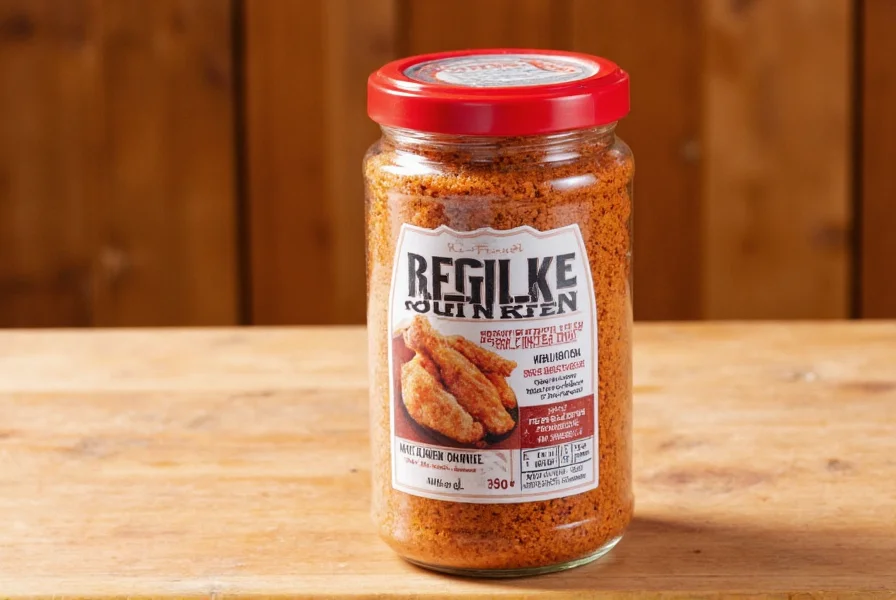

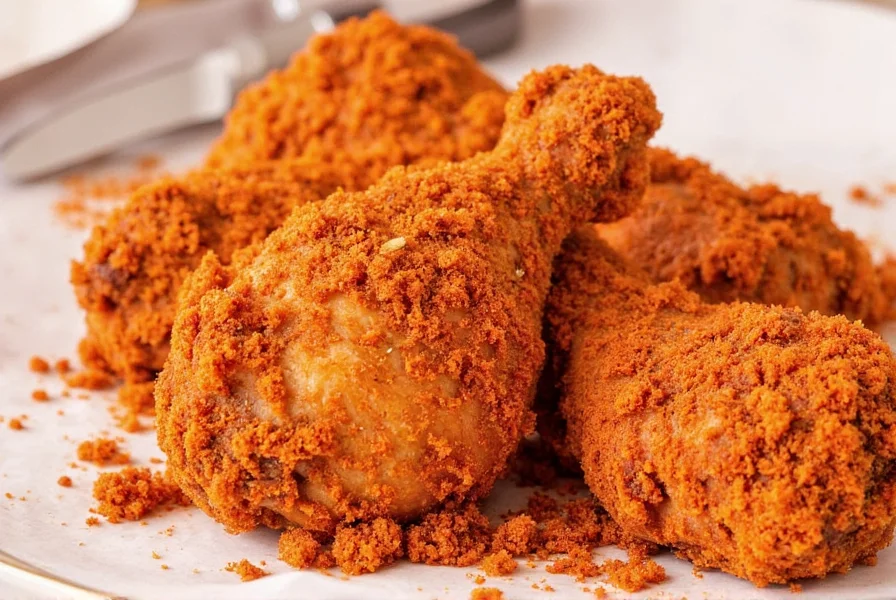









 浙公网安备
33010002000092号
浙公网安备
33010002000092号 浙B2-20120091-4
浙B2-20120091-4